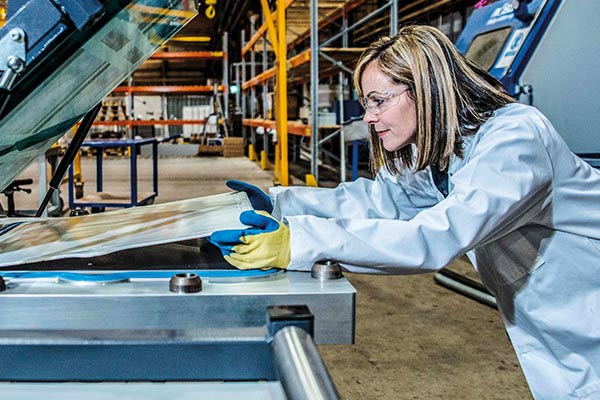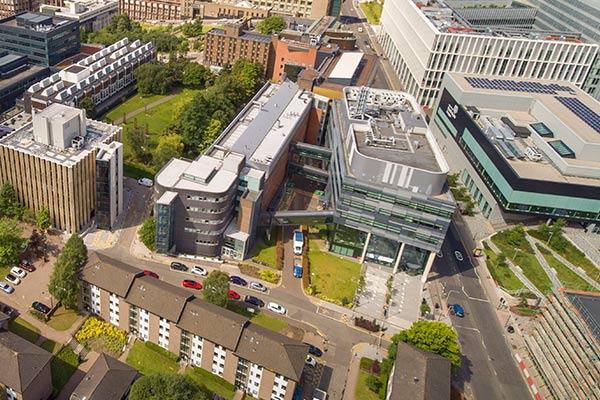Principal's Introduction
The University of Strathclyde was founded during the Scottish Enlightenment in 1796 as ‘A Place of Useful Learning’.
This is a mission we still deliver today as a Leading International Technological University that is socially progressive. We remain fully committed to this clear and confident identity.
As we progress forward to 2030, we will celebrate both the Diamond Jubilee of our Royal Charter (1964) and our third century of delivering transformative education, research and innovation.
We are also celebrating the significant progress we have made in the last 15 years.
Our authentic tradition, recent growth and success, as well as our distinctive and innovative approaches inform the ambitious programme of progression, contribution and impact which we will deliver by 2030. The markers of our distinctive approach as a Leading International Technological University have been consistent for more than 200 years, yet it is only in recent years that they have been increasingly recognised as the new ‘standard’ for the sector.
Our industrial connectivity, our approach to innovation and impact, our entrepreneurial spirit, our collaboration with other sectors and our authentic and effective widening access strategies have seen us blaze a trail that others are now following. These routes to impact are underpinned by our ongoing excellence in research and education.
Professor Sir Jim McDonald
GBE FREng FRSE
Principal & Vice-Chancellor
17 January 2024

Strathclyde 2030
Summary of KPIs
| KPI | Targets |
|---|---|
| 1. Widening access | 1300 entrants from SIMD 0 to 40 with an even distribution across the deciles |
| 2. Retention | In or exceeding the range of 90% to 95% undergraduate retention from Year 1 to Year 2 |
| 3. Student Satisfaction (NSS) | Upper Quartile for Overall Satisfaction and Above median performance in 5 out of 7 thematic areas |
| 4. Graduate Outcomes | Upper quartile for full-time, first-degree UK domiciled students in highly skilled employment or further study including interim study |
| 5. PGT Population | In or exceeding the range of 5000 to 6000 full time equivalent population |
| 6. Research Income | In or exceeding the range of £150m to £175m per annum |
| 7. Research Culture | We will identify and develop measures of research culture and expect these to form a sector leading initiative, well aligned with the priorities of the next Research Excellence Framework |
| 8. PGR Population | In or exceeding the range of 1500 to 2000 full time equivalent population |
| 9. Innovation & Entrepreneurship Activity | Alongside a target of KE income in or exceeding the range of £35m to £45m, we will identify and develop additional measures of our innovation and entrepreneurship activity that represent the breadth of activity in this key strategic area |
| 10. Strategic Relationships | Increased breadth and depth in relationships with:
|
| 11. International Student Population | In or exceeding the range of 5000 to 7000 full time equivalent population. |
| 12. Employee Experience | Above benchmark for net promoter score ('I would recommend the University as a great place to work') |
| 13. Gender Pay Gap | Improve year-on-year |
| 14. Operating Cash & EBITDA | Meet or exceed planned (budgeted) operating cashflow and EBITDA |
| 15. Sustainable Development | All education programmes have programme level learning outcomes related to education for sustainable development by 2027 which encompass the integration of the UNESCO Education for Sustainable Development skills and competencies, the UN Sustainable Development Goals and appropriate pedagogical methods and Increase our research related to the Sustainable Development Goals (SDGs) year-on-year |
| 16. Carbon Emissions | 80% reduction from 2018/19 baseline for Scope 1, 2 and Scope 3 (where this is quantifiable) by 2030, with the remainder of Scope 3 and 4 to be routinely reviewed and played in as appropriate over the planning period, achieving Net Zero by 2040 at the latest |





